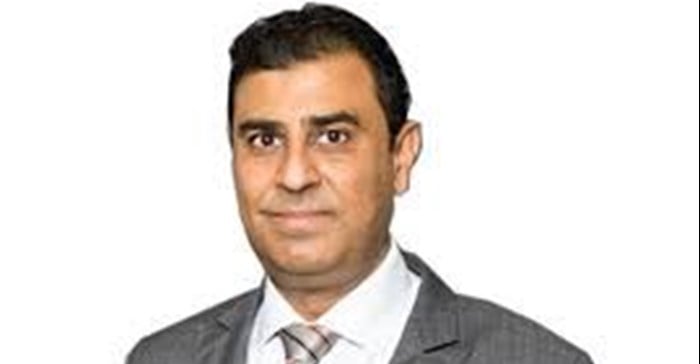
Related



11 MPRDA amendments to take note of
Webber Wentzel partners and consultant 22 May 2025



South Africa's renewable energy future: Opportunities and challenges
Manuele Battisti 1 Apr 2025
Top stories






More news

















Other important considerations are a viable tariff which provides an equitable return on investment commensurate with the risk of an emerging market – while at the same time making it affordable for the end user, he says.
Vallabhjee says the regulatory framework for renewable energy projects in sub-Saharan Africa differs from country to country, depending on level of commitment by governments to support this sector.
He says the future for renewable energy projects is bright, but investors want regulatory and policy certainty. With the falling cost of renewable energy technologies, Renewables is now at grid-parity in some countries, and renewable energy projects can be built without the need for government subsidies.
"Project financing is credit-intensive. A multitude of risks have to be considered. Risks have to be carefully assessed and appropriately mitigated. This is a pre-condition for debt and equity funding to be secured. As utilities may not be the most credit-worthy or financially robust entities, some form of credit enhancement to backstop the utility is required. This could take many shapes or forms. For various reasons, government guarantees may not always be possible,” says Vallabhjee.
Tariffs have to be scrutinised carefully. Many first-world countries have subsequently revisited tariffs that they initially have signed-up to in their PPAs. When tariffs look to good to be true (culminating in enormous returns for developers), they probably are!
Vallabhjee says political risk in Africa and the view that Africa is “very risky” is a perception issue. The number of projects that have gone into workout or recovery mode in Africa over the last 30 years can really be counted on one’s fingertips. There aren’t many. Projects seldom go “insolvent”. There could be a temporary blip – but usually all works out well in the end. Nonetheless these risks have to be appropriately mitigated and projects acceptably structured.
He says South Africa, Egypt and Morocco are leading the way with a regulatory and policy framework because the government is supportive of investment by independent power producers (IPPs).
For example, in SA, the country has had more than 102 IPP projects in the past nine years bringing about R200bn in direct investments. This compares with less than 30 IPPS in the whole of sub-Saharan Africa (excluding South Africa) prior to the launch of South Africa’s IPP programme.
“SA has spent a lot of time, money and effort working with good legal, financial, technical consultants to develop a Renewable Energy programme that is acceptable to the developer and financing community alike - to the point where other countries have been examining closely how SA’s programme has been structured with a view to emulate our success,” he says.
Infrastructure projects in Africa have notoriously long lead-times. Policy certainty, a clear regulatory framework and a supportive Government providing acceptable credit support for their offtakers would go a long way to help fast-track projects in Africa. Renewable energy can provide clean and reliable power affordably, whilst going a long way to increase energy access across Africa.